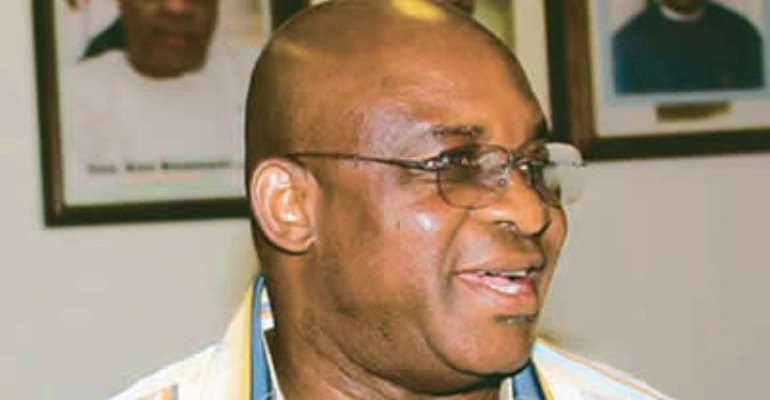Nigeria At 51: We Should Celebrate, Say Senators

ABUJA, SEPTEMBER 29, (THEWILL) – Terminally provocative topics like true federalism, creation of new states, resource sharing formula and necessity or otherwise of state Police dominated debate on Thursday as Senators took turns to discuss the state of the nation at 51, admitting that there have been setbacks to dreams conceived at Independence but submitting that the country, notwithstanding, deserves to celebrate for attaining its age.
A motion by Senator Ita Enang (PDP, Akwa Ibom) had suspended the day’s business to facilitate reflections on the state of the nation, as well as appraise the role of legislators in since 1999 in the evolvement of present-day Nigeria. Those who spoke were passionate in their assessment of progress and setbacks, all unanimously accepting the country’s failure to attain its full potentials in terms of socio-economic development.
Blaming the economic woes of the country on long spells of military intervention, majority of them canvassed support for democracy and for President Goodluck Jonathan. They also called for establishment of State Police to tackle internal security challenges; creation of additional states to enable even development and restore the culture of oneness; and implementation of fiscal federalism as stipulated in the Constitution.
Senator Wilson Ake (PDP, Rivers), leading discussions on federalism, drummed support for total practice of the governance system. “If we choose to be a federal nation, it must be done in totality and not choosing it when it is convenient,” he said. “We should also examine revenue sharing formula; it is lopsided. If there is a way we can be fairer in the distribution of resources, have access to equal opportunities and use merit much more than ethnic or geographical backgrounds, Nigeria would be a better country; and by 60, we would have a Nigeria that we would all be proud of.”
President of the Senate, David Mark, warned against comparing the country to others, urging citizens and leaders to build on the lessons of the past rather than harping on the losses of military intervention. “The military might have intervened in politics but Nigerian military was not an exception. That was the trend in the past,” he noted. “The important thing is to apply the lessons of the past to build the future. All of us are on the threshold of history and we must do those things that will make history judge us correctly and positively.”
